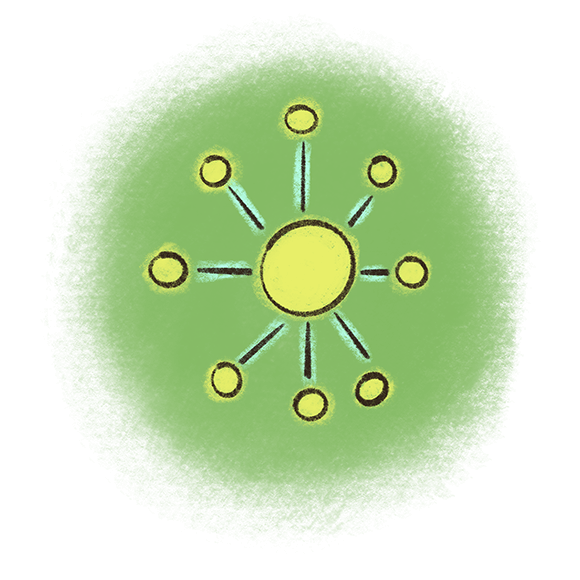Mobilize Data and Research

How public health departments can leverage data and research, in partnership with communities, to shift policy toward health equity and racial justice
As a data-driven field, public health practitioners make decisions about what information they collect, how they collect it, and what they do with it. And as Chicago Beyond’s “Why Am I Always Being Researched?” guidebook says, “If evidence matters, we must care how it gets made.” When data collection and research fail to center communities and their experiences, they reproduce inequitable power dynamics at the root of health inequities.
To advance health equity and racial justice, public health needs an approach to data collection and analysis that is rooted in sharing and building power in partnership with communities most harmed by structural inequities and racism. Research and data collection can be powerful tools to advance health equity and racial justice when practitioners center community expertise, build deep relationships with community members, utilize mixed methods, interrogate the root causes of health inequities, ensure ethical data use, and connect findings to structural change. The same values and approach may also be applied to an evaluation context.
Check out HIP’s Research Code of Ethics
Action steps health departments can take to mobilize their data and research toward systems change:
- Use mixed methods and non-traditional research methods, such as storytelling, to provide holistic and nuanced perspectives of the health of communities
- Disaggregate data by race, ethnicity, income, gender identity, and additional characteristics identified by community members as a means to understand health inequities
- Center the lived experiences and expertise of the people you serve in all research activities; collaborate on and commit to community-prioritized issues, and community-identified solutions
- Make data and research findings available in transparent and accessible ways and be responsive to community requests for data to support their campaigns; ensure data privacy protection and use data ethically and responsibly as to not expose vulnerable communities to excess surveillance and policing
- Leverage power and positionality to share additional resources beyond research to communities, including financial compensation for their time, training and workshops, and employment opportunities to expand community power and centeredness in local government
- Connect data to action to create meaningful systems-level change by providing testimonies, speaking to media, and working with health department leadership and local elected officials to invest in campaigns and policies that advance dignity, health equity, and racial justice
- Healthy Places Index Ethical Use Guidelines by Public Health Alliance of Southern California (2023)
- Equal Access: Universal Design of Your Research by University of Washington (2019-2023)
- Liberation is Essential: Leveraging Governmental Public Health Tools to Address the Harms of the Criminal Legal System by Human Impact Partners (2022)
Strategic Practices
Build Narrative Power
Create and advance transformative narratives that shape a more equitable vision of what is possible.
Mobilize Data and Research
Mobilize data and research in partnership with communities to build community power and advance equitable policies.
Change Internal Policies and Practices
Change internal policies and practices, and align processes to center and embed health equity and racial justice across the organization.
Pursue Policy Changes that Transform the Root Causes
Actively pursue policy changes that address the root cause of health inequities.
Build Strategic Partnerships
Leverage relationships across government and foster accountable relationships with the community.
Support Community Power-Building
Leverage governmental power to provide tangible support for community power-building organizations and campaigns.





